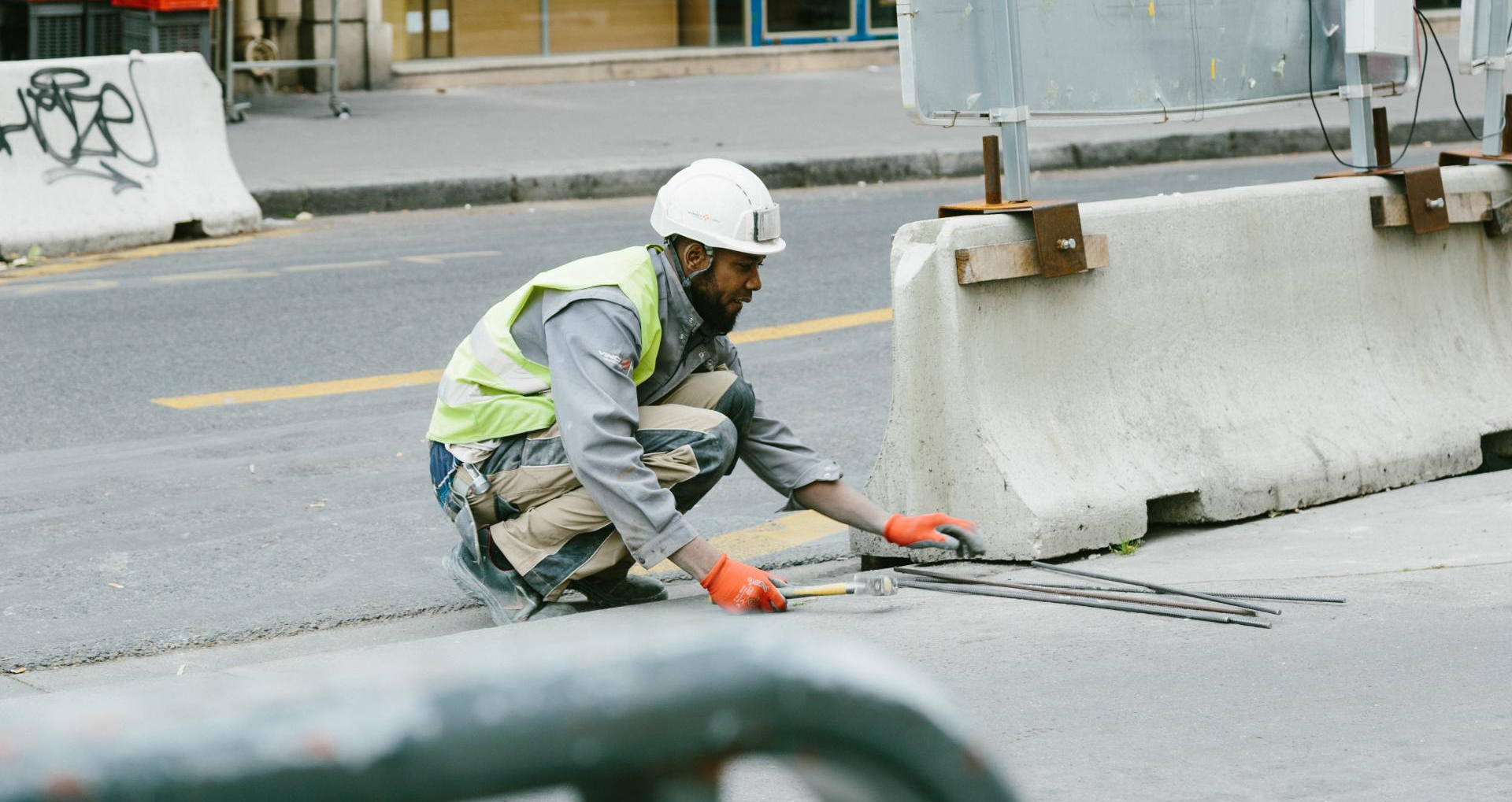Wrongful Termination and Harassment: Know Your Rights

At-Will employees in New York State can be fired for any legal reason. So what are some illegal reasons?
Federal and State law prohibit discrimination in the workplace. Discrimination means that you were treated poorly based on your protected class. These protected classes include:
- Race
- Religion
- Color
- Age
- Sex
- Pregnancy
- National origin
- Sexual orientation
- Marital status
- Familial status
- And more
The New York State Human Rights Law, the Civil Rights Act, the Age Discrimination in Employment Act, among other laws, are designed to protect people from harassment and discrimination. This includes: hiring and firing, compensation, harassment, and more.
You have a right to not be discriminated against in your workplace. If you are experiencing harassment or discrimination, or were wrongfully terminated from your position, based on a protected class, then call Bouklas Gaylord LLP - The Workers' Rights Law Firm today. Our skilled attorneys will work hard to recover what you are entitled to under the law.
At Bouklas Gaylord LLP, we have settled or recovered millions of dollars for our clients. Call us today for a free consultation. We work to get you the money you deserve, and we only get paid if you get paid.
All Posts - BG Law, The Workers' Rights Law Firm






